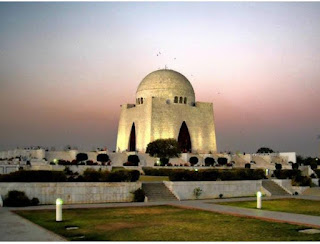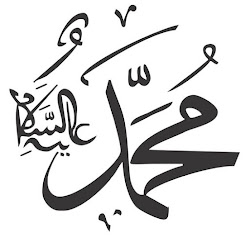Skip to main content

- Quaid-e-Azam Muhammad Ali Jinnah, often referred to as the "Father of the Nation," was a prominent political leader and statesman who played a pivotal role in the creation of Pakistan. He was born on December 25, 1876, in Karachi, which was then a part of British India.
- Jinnah started his career as a lawyer and quickly rose to prominence due to his exceptional legal skills and dedication. He became involved in politics and joined the Indian National Congress, initially advocating for Hindu-Muslim unity and the rights of the Indian people under British rule.
- However, over time, Jinnah became disillusioned with the Congress's policies and its perceived neglect of the rights and concerns of the Muslim community. He eventually emerged as one of the key leaders of the All India Muslim League, a political party that aimed to safeguard the interests of the Muslims in British India.
- Jinnah's vision for the Muslims of India evolved, and he began advocating for the creation of a separate nation for Muslims in the region. He argued that Muslims needed a separate homeland to protect their political, cultural, and economic rights. This idea became known as the "Two-Nation Theory."
- Through his exceptional leadership and political acumen, Jinnah led the demand for a separate Muslim-majority nation, eventually resulting in the establishment of Pakistan on August 14, 1947. Pakistan became an independent state, comprising two regions, East Pakistan (now Bangladesh) and West Pakistan (present-day Pakistan).
- Jinnah became Pakistan's first Governor-General, and he worked tirelessly to shape the new nation and its institutions. However, his time as the leader of Pakistan was short-lived. He passed away on September 11, 1948, at the age of 71, leaving behind a legacy as the founding father of Pakistan.
- Quaid-e-Azam Muhammad Ali Jinnah is revered as a national hero in Pakistan. His vision, determination, and leadership continue to inspire generations of Pakistanis. He is remembered for his unwavering commitment to democracy, equality, and the rights of all citizens, regardless of their religion or background.



Comments
Post a Comment